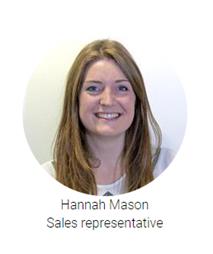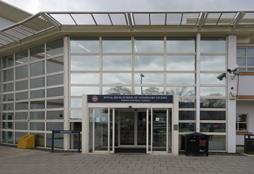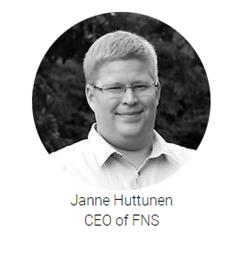The challenges and opportunities Brexit presents to the veterinary workforce of the UK
10-07-2017
Visit the Provet Cloud website for more information on The challenges and opportunities Brexit presents to the veterinary workforce of the UK






